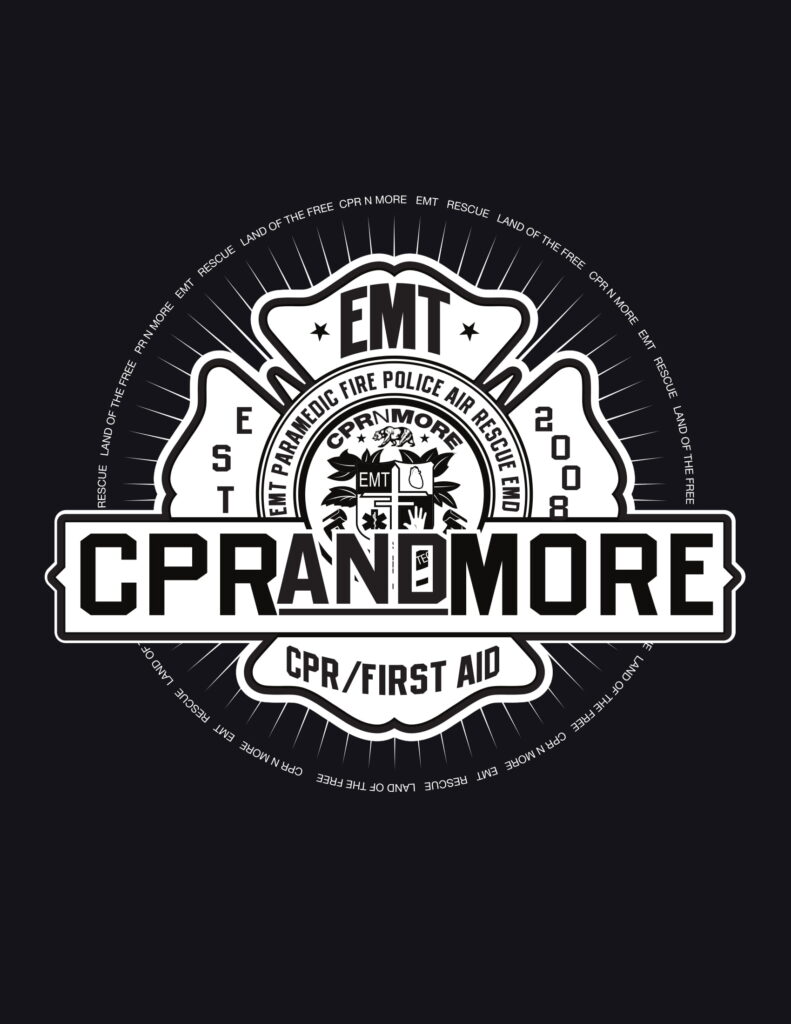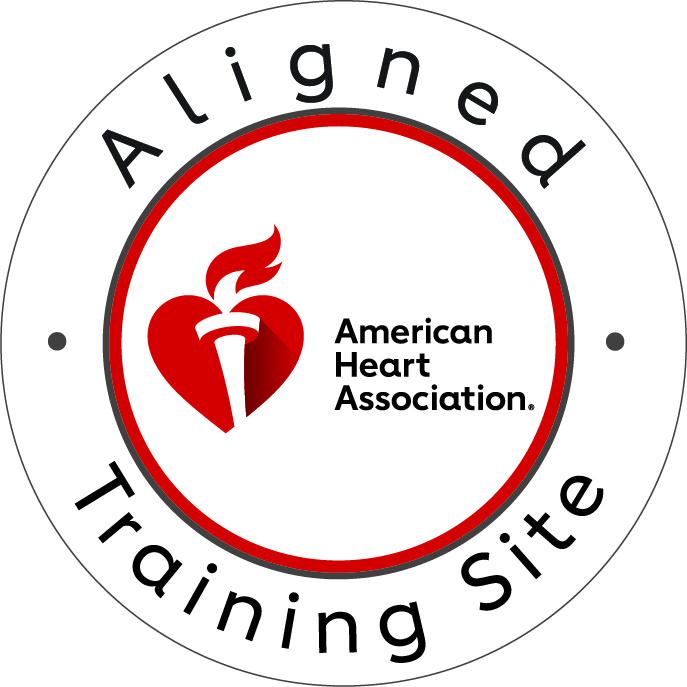What is Alzheimer’s?
Alzheimer’s is a progressive disease that destroys memory and independent motor functions. With Alzheimer’s your brain cells and the cell connections degenerate and die. The two main symptoms are memory loss and sever confusion. There is no cure for Alzheimer’s, only medication management that can temporarily improve symptoms. Symptoms usually start slowly and over time, become severe enough to interfere with everyday task.
Alzheimer’s is the most common cause of dementia (which is an overall term for memory loss and cognitive abilities), it accounts for 60-80% of dementia cases. Alzheimer’s is the 6th leading cause of death in the United States.
Like before in our other blog, having some memory loss and confusion can be a normal part of aging. Alzheimer’s is NOT a normal part of aging. There is a significant different between forgetting things and frequent memory loss. This disease is very aggressive and can be severely hard to handle. When someone is diagnosed with Alzheimer’s in the early stages, memory loss can be mild. With late-stage Alzheimer’s, the individual loses the ability to respond to their environment. From wandering to not being able to feed oneself. From the sweetest person one day to not so nice the next day or even hour to hour.
Symptoms of Alzheimer’s
- Difficulty remembering newly learned information
- Challenges in planning or solving problems
- Not being able to complete everyday task
- Problems understanding visual images
- New problems speaking or writing
- Misplacing things
- Not being able to retrace their steps
- Decreased or poor judgment
- Withdrawn from activities or socializing
- Changes in mood and/or personality
Living with Alzheimer’s
People living with Alzheimer’s can also experience mood and personality changes. The once fun loving loved one is no longer fun and loving. They can change to a gloomy and moody person. Individuals living with this disease find it very difficult to complete daily task such as- Ting their shoes, washing their face, getting dressed, eating, or even remembering how to walk. Like the rest of our body, our brain changes as we age. We will notice some slowed down thinking and occasional issues with remembering things. However, serious memory loss, being confused, and major changes in one’s behavior can be signs that brain cells are failing.
Your brain and Alzheimer’s
The cells in our brain are constantly working. The brain has 100 billion neurons. Each nerve cell connects with many others to build a communication networking system in the brain. There are different groups of nerve cells and each have their own special job. When the connection is broken and can’t be fixed, we get a degenerative effect. When someone has Alzheimer’s, they usually live four to eight years after diagnosis. Sometimes as long, as 20 years depending on certain factors.
Alzheimer’s is changing every day. New information is always coming.
If you know someone who you suspect may have Alzheimer’s please do not dismiss them. Do your research and talk with doctors about what’s going on. Even though there is no cure for Alzheimer’s, there are ways to help someone who has the disease.
Thank you for reading.
Review
Alzheimer’s/Dementia or normal aging
Poor judgment and decision making – Alzheimer’s/Dementia sign
Making a bad decision once in a while- Normal sign of aging
Inability to manage a budget-Alzheimer’s/Dementia sign
Missing a monthly payment once in a while- Normal sign of aging
Loosing track of the date/month/year or even seasons- Alzheimer’s/Dementia sign
Forgetting date and remembering later- Normal sign of aging
Difficulty having a conversation- Alzheimer’s/ Dementia sign
Sometimes forgetting a word in conversations- Normal sign of aging
Misplacing things and keeping track of things or unable to retrace- Alzheimer’s/ Dementia sign
Losing things from time to time- Normal signs of aging


